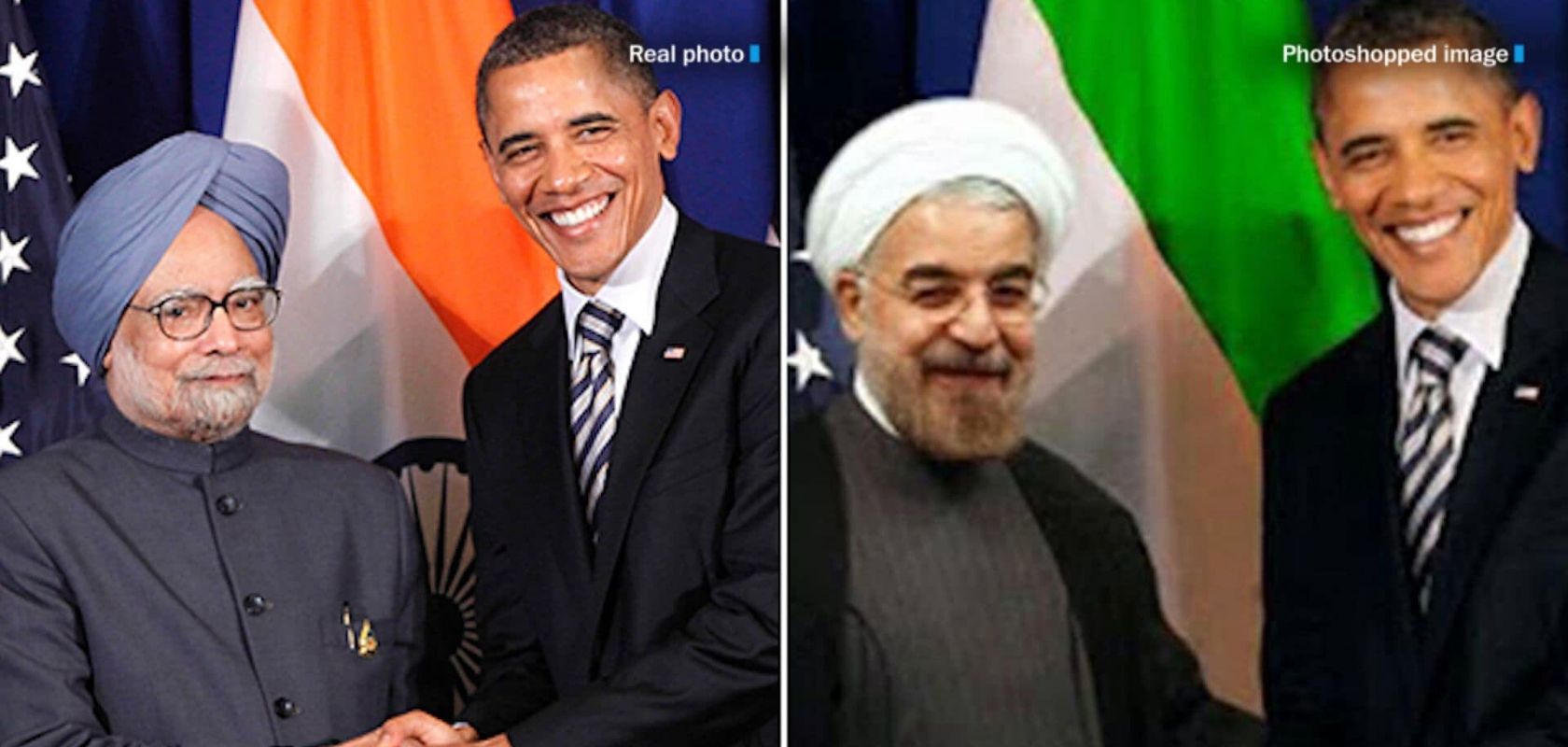The idealized – and unfortunately by and large unrealistic – perception of journalists is that of a kind of low-key scientists: those professionals committed to, and staking their reputation on research, facts, method, and a very healthy dose of skepticism.
To a journalist, “everybody’s guilty” until proven otherwise – and a journalist is meant to prove the case one way or another thanks to their own hard work, knowledge, and experience.
In other words – the core components of this process should never be outsourced, or automated. In any way.
In the real world, meanwhile, journalists are surviving in an industry that’s morphing from the semblance of credibility claimed by yesterday’s print and broadcast media, into a free-for-all digital marketplace dominated by tech giants.
So, to all those journalists who no longer have the luxury to research their own content – it’s none other than Google, a tech giant, that is offering to lend a helping hand.
According to the New York Times – the nature of the problem is not the (d)evolution of the media/publishing scene into a fast-paced clickbait game that must continue to hit not only SEO, but also “accepted” political goalposts in order not to be shunned by Google’s traffic-driving search algorithms.
Instead – the newspaper blames “the amount of false political content online (that) continues to rise,” as the source of pressure experienced by journalists.
Enter Jigsaw – an Alphabet (aka, Google) subsidiary, who now offer a software tool, Assembler, that is said to be designed to help journalists “spot doctored photographs.”
In reality – the tool is meant to tell journalists, point-blank, whether or not a photo is genuine, rather than offer them any control over the process.
Assembler will do the work for them: the software has “seven ‘detectors’, each one built to spot a specific type of photo-manipulation technique.”
The New York Times doesn’t specify if the code behind this software is, or will be made open-source, i.e., accessible and auditable; but the article does say that the tool itself will not be offered “to the public.”
Instead, it will be given to “more than a dozen news and fact-checking organizations around the world.”
The overall, big-picture purpose of Assembler seems to be to advance the narrative of a pressing need to fight “the war on disinformation.”








